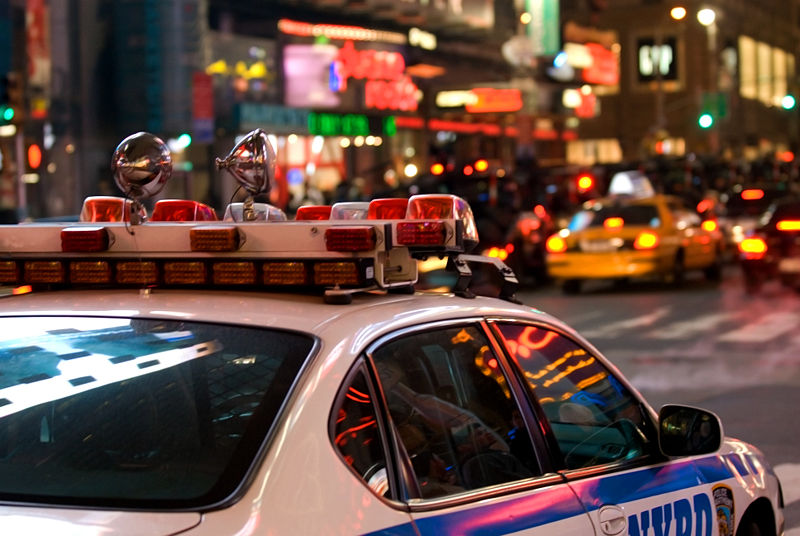
Image credit: William Hoiles
Instead of heeding community calls for Police Commissioner Ray Kelly to resign, Mayor Bloomberg has allowed the NYPD leader to continue operating an extensive surveillance operation directed at Muslims throughout the Northeast, far outside New York City. This weekend the AP brought us further damaging news, adding more weight to their series on the NYPD's spying program, which won the wire service a Polk Award. Matt Apuzzo, Adam Goldman, Chris Hawley and Eileen Sullivan were all recognized for their work on the series.
This weekend, Chris Hawley published another group of startling revelations, unearthing a surveillance program directed against Muslim student associations (MSAs), which has included the physical infiltration of groups outside of NYC, including at Yale.
"Detectives trawled Muslim student websites every day and, although professors and students had not been accused of any wrongdoing, their names were recorded in reports prepared for Police Commissioner Raymond Kelly," Hawley writes. NYPD spokesman Paul Browne, who was caught lying to the press in a related story, told AP that the monitoring of the student associations is appropriate because a number of unspecified, convicted terrorists had been members of MSAs as students.
Does that mean that the NYPD should also surveil Christian student groups, if they find that a number of Christian student group members go on to become killers or criminals? This line of reasoning makes it seem as if the NYPD is coloring all Muslims as potential suspects, which is a backwards and incredibly destructive methodology for modern policing. (Unfortunately, it's also FBI policy.)
The monitoring hasn't been confined to the internet. The AP reports one case in which an undercover NYPD officer went on a rafting trip with 18 CUNY students to upstate New York. The officer documented the names of MSA members who attended, and noted how many times a day people prayed while on the trip.
The response among the universities has varied considerably. Yale University declined to comment on the monitoring of its students. By contrast, Columbia University released a statement: "Like New York City itself, American universities are admired across the globe as places that welcome a diversity of people and viewpoints. So we would obviously be concerned about anything that could chill our essential values of academic freedom or intrude on student privacy." Rugters said "the university would welcome a thorough investigation by the NYPD of its own activities."
The NYPD has deployed informants and undercover officers at City College, Brooklyn College, Baruch College, Hunter College, City College of New York, Queens College, La Guardia Community College and St. John's University.
But the monitoring extends outside of NYC, as well. Another NYPD report shows that the department has been working with Sheriffs in upstate New York to monitor the Somali community there. There was also an NYPD operation directed at Rutgers University students. (Read Rutgers' response here.)
In 2009, undercover NYPD officers had a safe house in an apartment not far from campus. The operation was blown when the building superintendent stumbled upon the safe house and, thinking it was some sort of a terrorist cell, called the police emergency dispatcher.
The FBI responded and determined that monitoring Rutgers students was one of the operation's objectives, current and former federal officials said.
